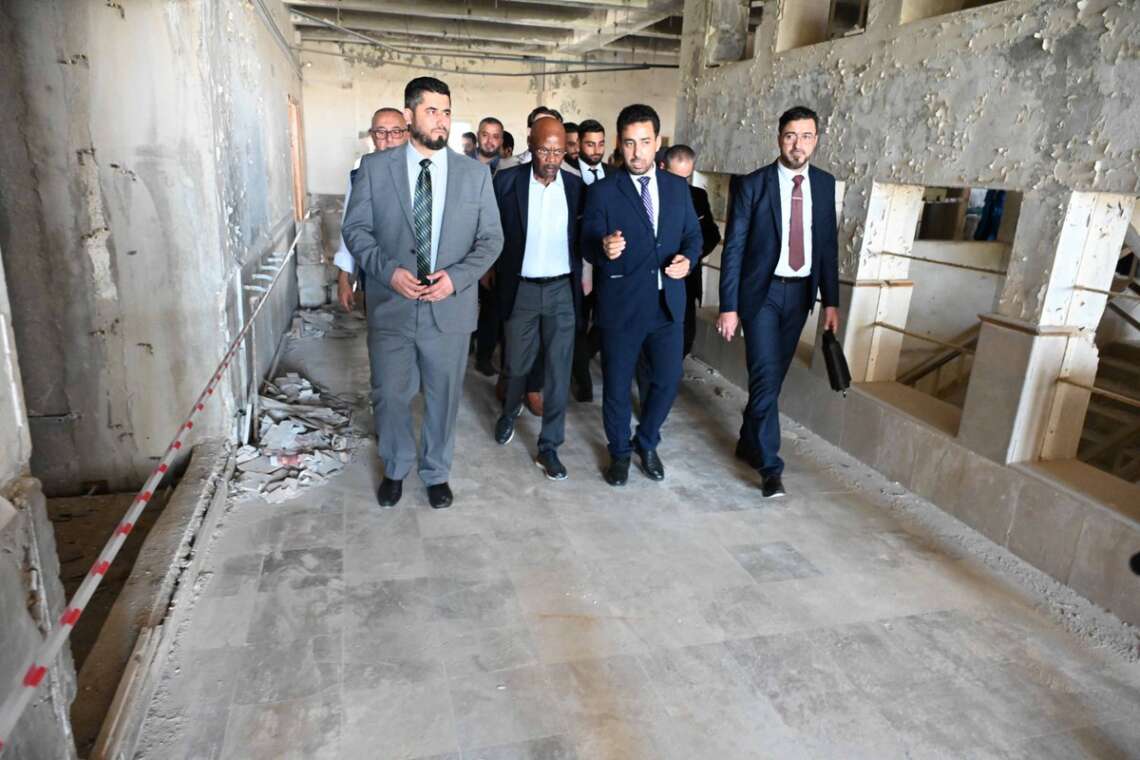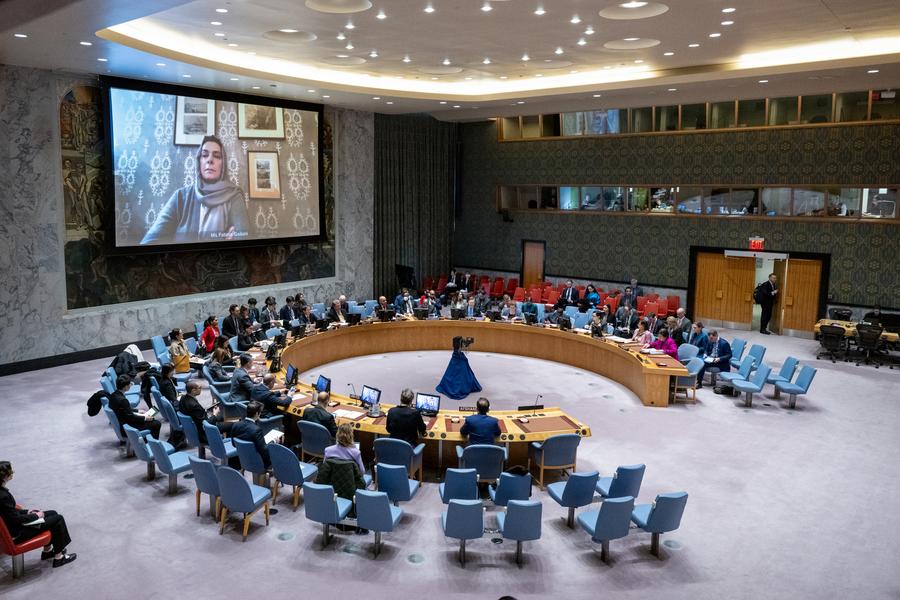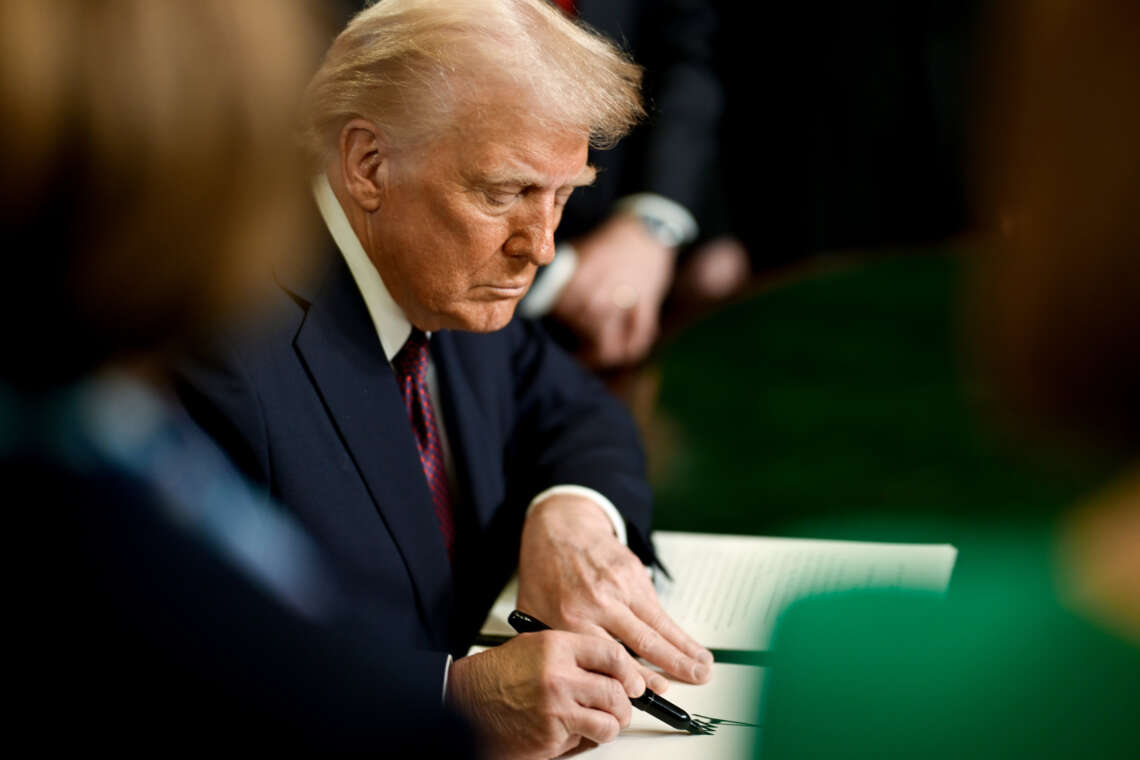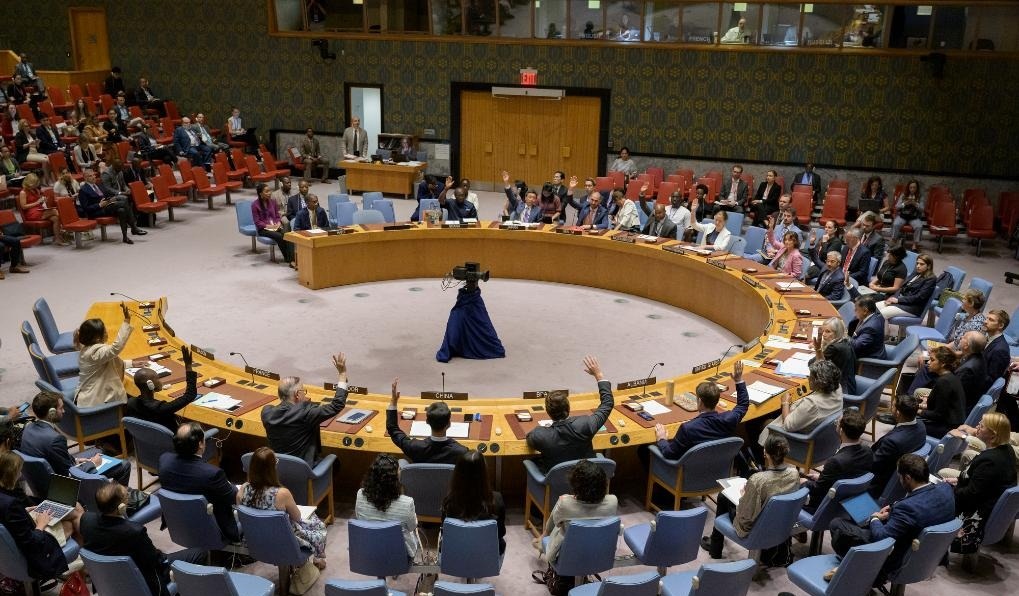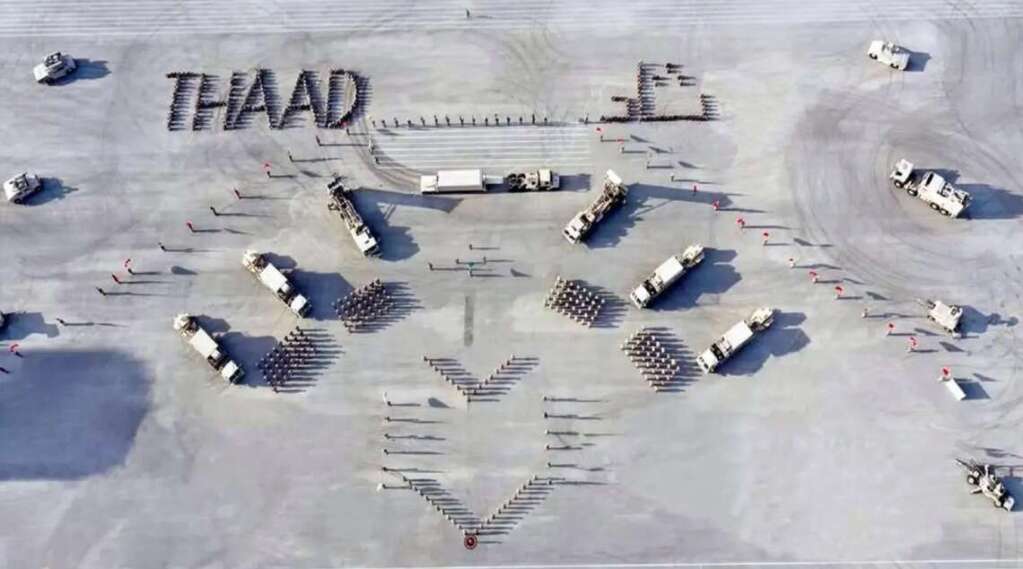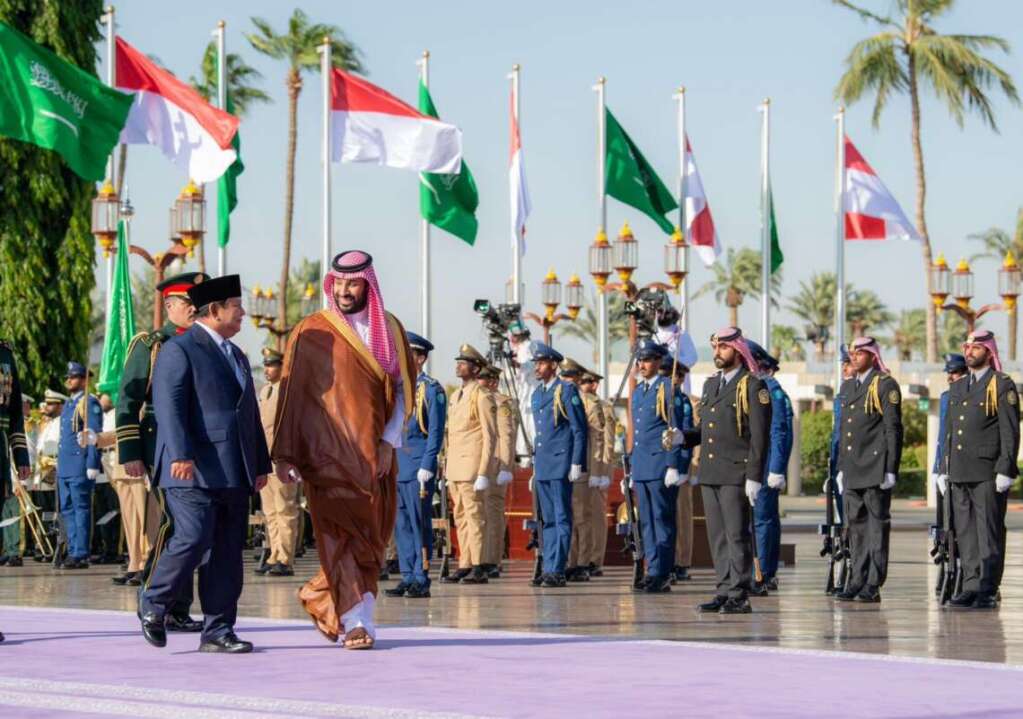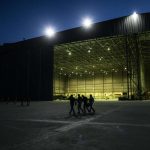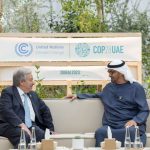Rebuilding Syria requires not only emergency relief but sustained investment in basic services, economic recovery, and stability, says UN Office in Syria.
A high-level United Nations delegation has called for increased international investment in Syria following a two-day visit to the country’s northwest, emphasising the urgent humanitarian needs of children and families still grappling with the impact of nearly 14 years of conflict.
The UN officials visited the governorates of Idleb and Aleppo, meeting with displaced communities and returnees to assess living conditions and identify development priorities. They highlighted the dire state of livelihoods and infrastructure and stressed the importance of restoring essential services to enable safe, voluntary, and sustainable returns.
In a statement, the UN Office in Syria described the country as one of the world’s largest and most complex humanitarian crises, with more than 16 million people requiring aid. The delegation reaffirmed the United Nations’ commitment to supporting both the Syrian people and local governments during this critical recovery phase.
“Rebuilding Syria requires not only emergency relief but sustained investment in basic services, economic recovery, and stability,” said a senior UN official. “Restoring hope and dignity must go hand in hand with supporting voluntary returns.”
The call for investment comes as regional developments signal a potential shift in Syria’s long-standing isolation.
US lifts key sanctions
In a major geopolitical turn, US President Donald Trump has signed an executive order terminating a significant portion of sanctions on Syria. According to a White House fact sheet, the move aims to support the country’s path to peace while keeping sanctions on President Bashar al-Assad himself.
“The Order removes sanctions on Syria while maintaining sanctions on Bashar al-Assad,” the White House announced. “It also relaxes export controls and waives restrictions on certain foreign aid to support Syria’s recovery.”
The decision marks a significant shift in US policy, especially considering Syria’s designation as a State Sponsor of Terrorism since 1979 and the layered sanctions imposed over the past two decades.
US Secretary of State Marco Rubio has been tasked with exploring avenues for further sanctions relief at the United Nations, with an eye toward encouraging international investment and cooperation.
Israel signals openness to diplomatic ties
Meanwhile, Israeli Foreign Minister Gideon Sa’ar stated that Israel is open to establishing diplomatic ties with both Syria and Lebanon as part of efforts to expand the Abraham Accords. However, he reiterated that the occupied Golan Heights would remain under Israeli control.
“We have an interest in including Syria and Lebanon in the circle of peace,” said Sa’ar during a joint press conference in Jerusalem. “But the Golan will remain part of Israel in any agreement.”
While the announcement suggests a pragmatic shift, tensions remain. Israeli forces have maintained a presence on Mount Hermon since entering the UN buffer zone in December 2024, and intermittent strikes in Lebanon continue despite a US- and French-brokered ceasefire with Hezbollah.
Hezbollah’s Secretary-General Naim Qassem accused Israel of violating the ceasefire, warning of possible retaliatory action.
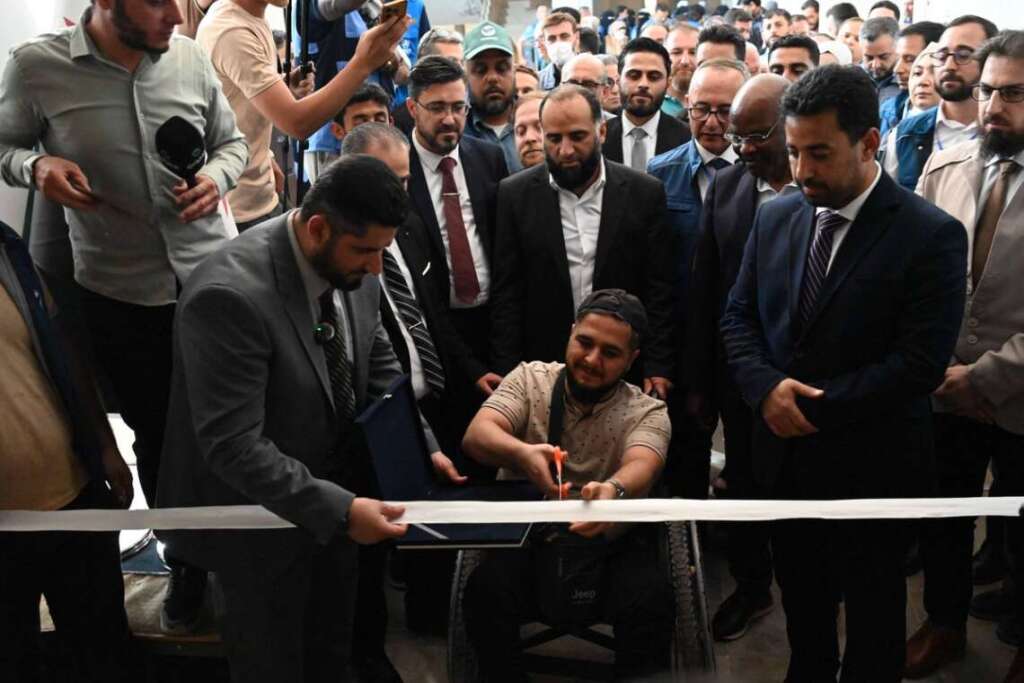
Transport links with Türkiye restored
In another significant development, Türkiye and Syria signed a landmark agreement to resume direct commercial road transport, ending years of suspension due to conflict. The agreement was finalised at the Global Transport Connectivity Forum in Istanbul.
Turkish Transport Minister Abdulkadir Uraloglu announced that the restored links would allow goods to flow directly between the two countries without transhipment at border gates.
“This move enhances regional integration and repositions Syria along key trade routes connecting Europe, Asia, and the Gulf,” said Uraloglu.
Turkish President Recep Tayyip Erdogan highlighted the importance of the Middle Corridor, a strategic trade route connecting Asia and Europe. He emphasised the route’s potential to dramatically reduce transit times and boost regional economies.
A turning point for Syria?
As Syria inches toward reintegration into regional and global frameworks, the United Nations’ push for investment, coupled with the US policy shift and new trade agreements, could signal a broader transformation in the country’s fortunes.
The challenges, however, remain immense. Rebuilding war-torn infrastructure, ensuring the return of millions of displaced people, and fostering political reconciliation will require concerted international engagement.
Yet, for the families met by the UN delegation in Idleb and Aleppo, hope may no longer be a distant prospect. With renewed diplomatic momentum and a focus on reconstruction, Syria could be poised to turn a painful page in its history.

